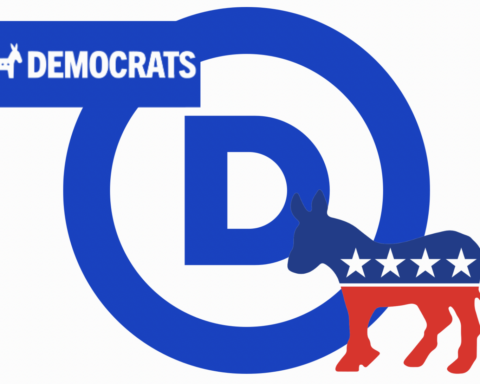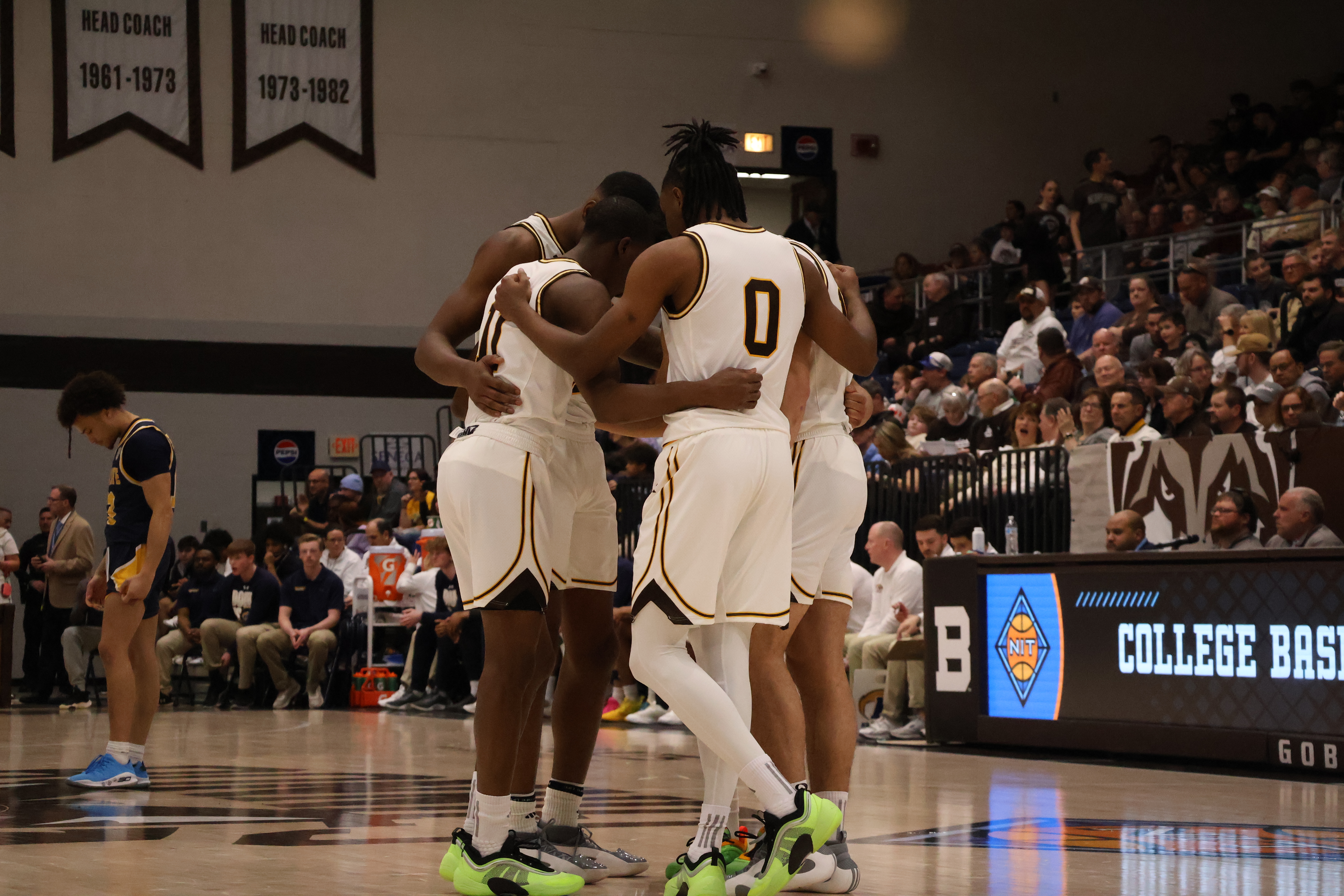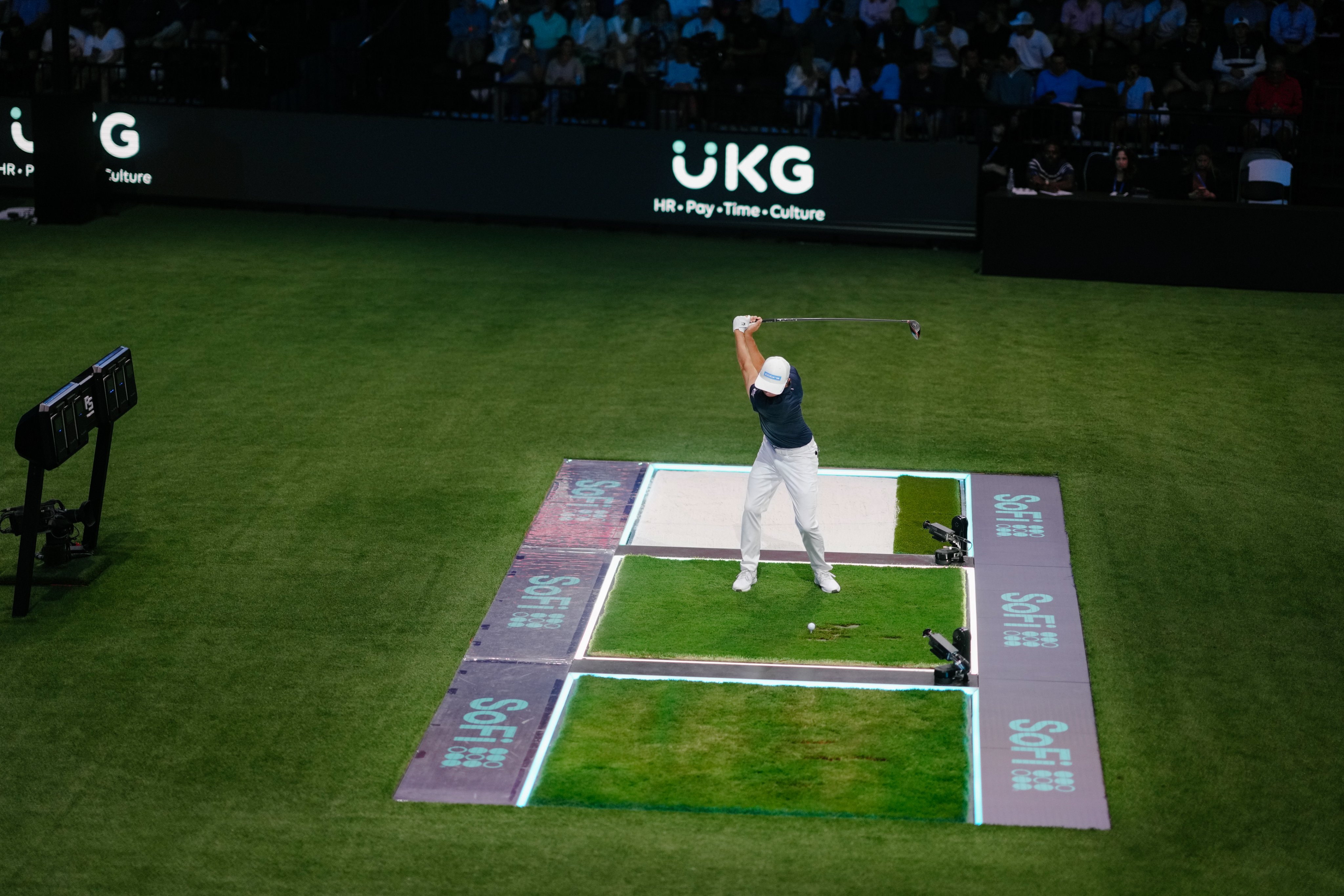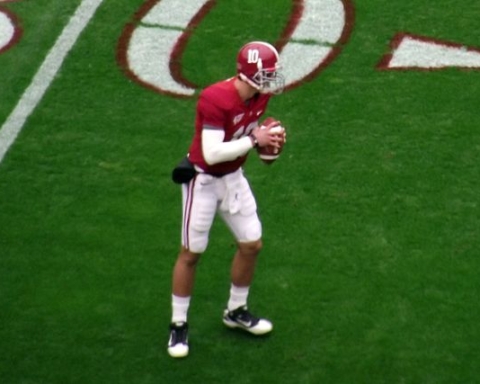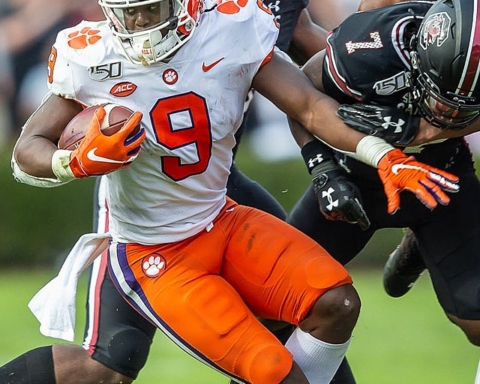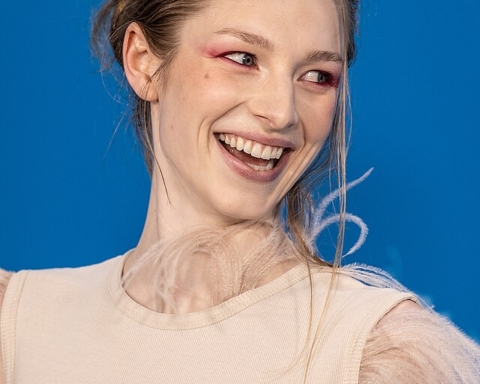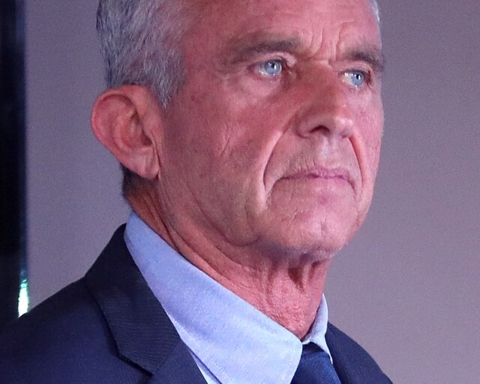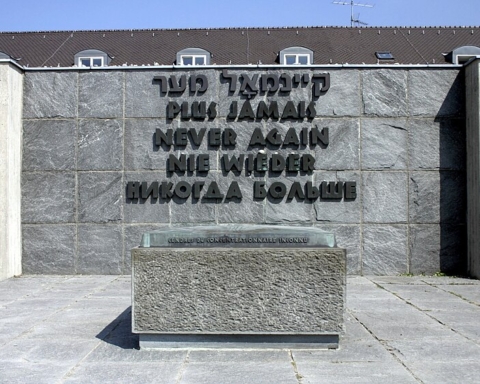In the 1970s, Steve Prefontaine and other Olympic athletes fought for a change in the rules about amateurism so they could make a living for themselves as athletes. It has been forty years since those changes, and the U.S. Olympic Committee (USOC) is still fighting against its own athletes.
The goal of the Olympics should be to put on an amazing event celebrating athletics, and without supporting athletes this is not possible.
Earlier this year, multiple-time Olympian Nick Symmonds, along with his company, Run Gum, filed a lawsuit against the USOC. They claimed the USOC creates an antitrust by not allowing for athletes to wear or use equipment that is not Nike, the official USOC sponsor.
Symmonds believes that his ability to profit off his own talent and ability is limited by actions taken by the USOC. By not allowing himself to use his own sponsors, he cannot garner the same kind of benefit he gets in smaller events he competes in. He, and other athletes like himself, never get another opportunity like the Olympics.
Many Olympic athletes are active in sports that are niche markets and only come into the public consciousness once every four years. The Olympics present an opportunity for many athletes in non-mainstream sports to make a real name for themselves, even if for only a brief moment.
The USOC loves to promote the nobility of its athletes, who pursue their sports not out of monetary gain but from a true passion for it. But this statement can still hold true without forcing the athletes out of money-making ventures.
The Olympics continue to hold onto the ideals of amateurism, even though it is no longer an official rule. And the ideals primarily seem to be more about keeping profit away from athletes and into the pockets of wealthy executives.
But the system of amateurism is gone, and no Olympic athlete misses it. It had its time, but in the modern era it is nonsensical. Athletes are the spectacle of the Olympics, not the endless Visa, Nike and Coca-Cola ads. And the money that comes from these ads needs to be going to athletes.
It should be no secret to anyone that the goal of Olympic committees these days is not to put on a noble event showing the finest athleticism and skill the world has to offer, but to make the most possible money.
Without athletes, there would be no Olympics, and without funding, it is obscenely difficult to become a world-class athlete. Increased monetary compensation, either from third-parties or the Olympic association, itself is not going to ruin the Olympic Games.
And forcing them to use equipment they don’t normally use has no benefit. Peak performance from athletes should be of much more importance to the USOC than making sure everyone looks uniform.
Helping Olympic athletes achieve fair compensation will not be a detriment to the event. If anything, it will make the games more exciting. Better wages only increases the quality of athleticism, as it allows athletes to train with better technology and dedicate more of their time to their sports.
Corey Krajewski is Opinions Editor of the Bona Venture. His email is krajewcj15@bonaventure.edu

